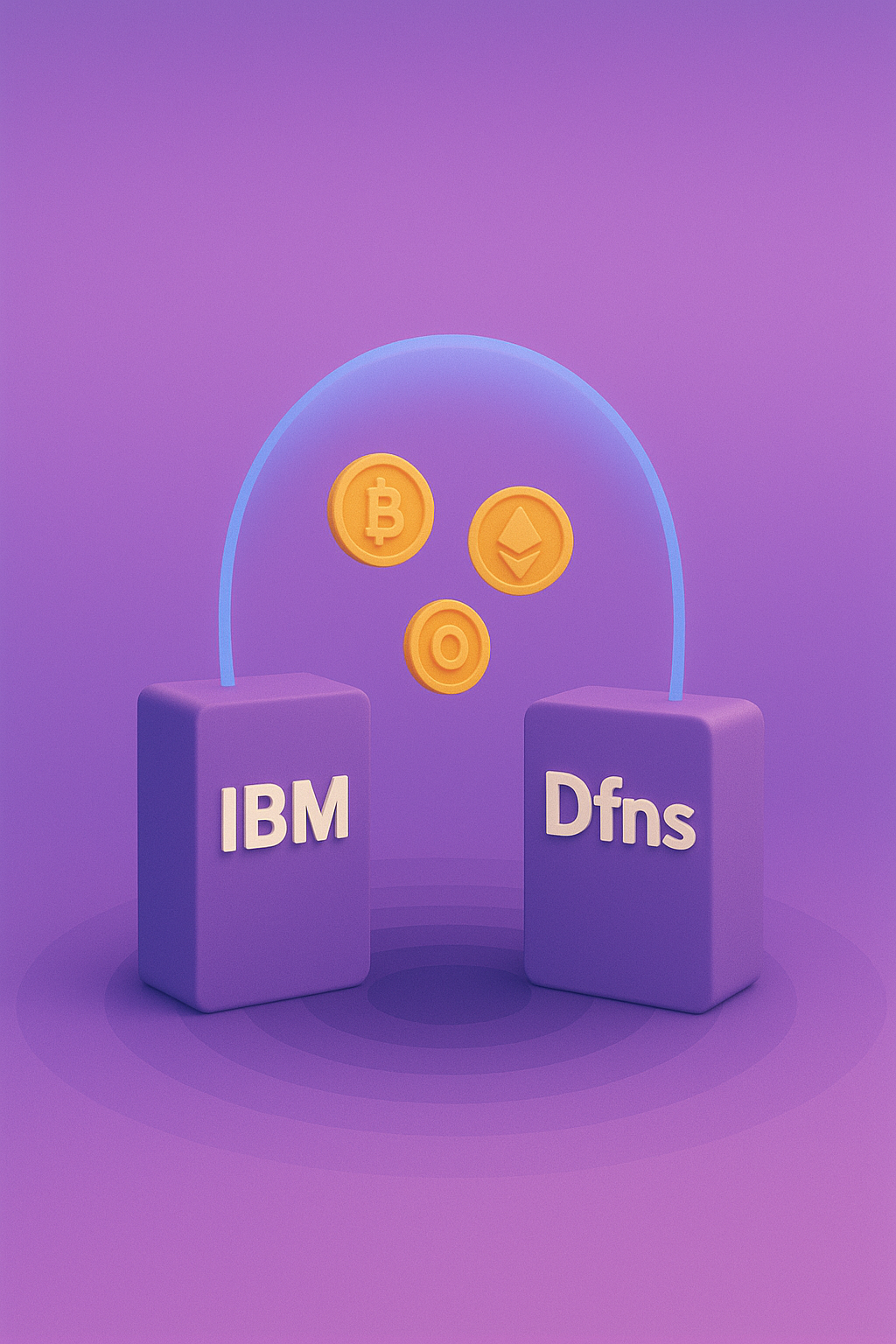Thailand's Securities and Exchange Commission (SEC) recently amended its regulations, allowing certain investors to acquire private funds investing in Bitcoin cash ETFs traded on US exchanges. This decision marks a significant evolution in the country's regulatory approach to digital assets.
Limited access for qualified investors
The Thai SEC's initiative to restrict access to Bitcoin cash ETFs to institutional investors and high-net-worth individuals is a precautionary measure. By imposing strict criteria such as income or asset thresholds, it seeks to ensure that only experienced investors capable of managing the risks associated with these assets can participate. This restriction is also intended to protect less sophisticated investors from the potential volatility of the cryptocurrency market.
Change of status for Bitcoin ETFs
The reclassification of Bitcoin cash ETFs as financial securities in Thailand, following their approval by US authorities, is a significant regulatory milestone. This change in status underlines the growing recognition of cryptocurrencies as legitimate, regulated investment assets. It also paves the way for new forms of investment and could influence the perception and acceptance of digital assets in the traditional financial sector.
Exclusion of retail investors
The exclusion of retail investors from investing in these specialized ETFs is a precaution to minimize financial risk for less experienced individuals. This reflects a cautious and regulated approach to the integration of digital assets into financial markets, ensuring that investments are made with adequate knowledge and experience, while limiting exposure to volatility for the general public.










